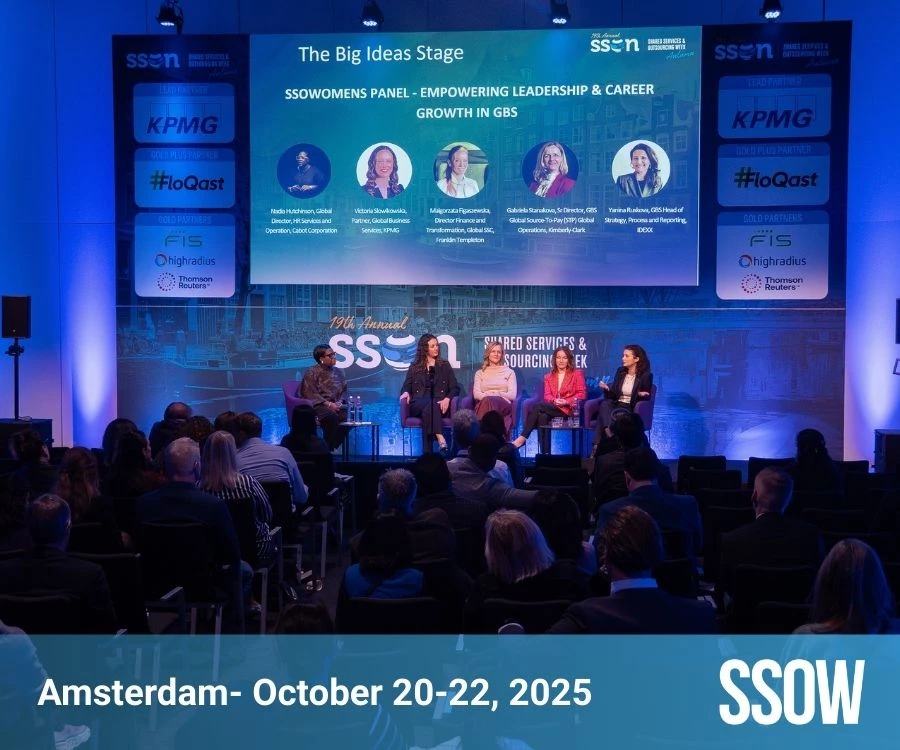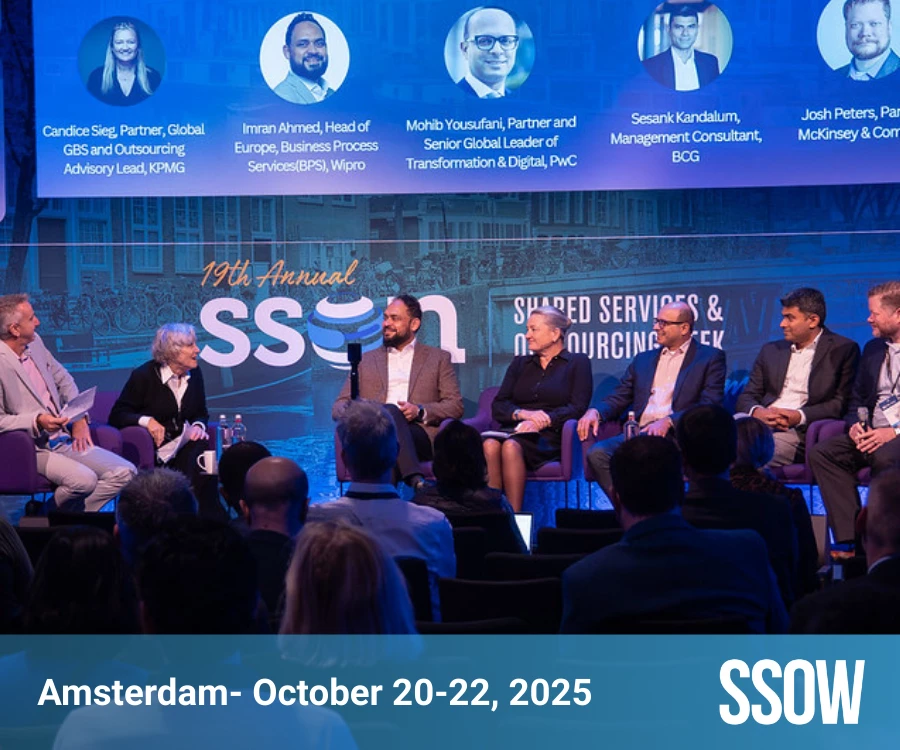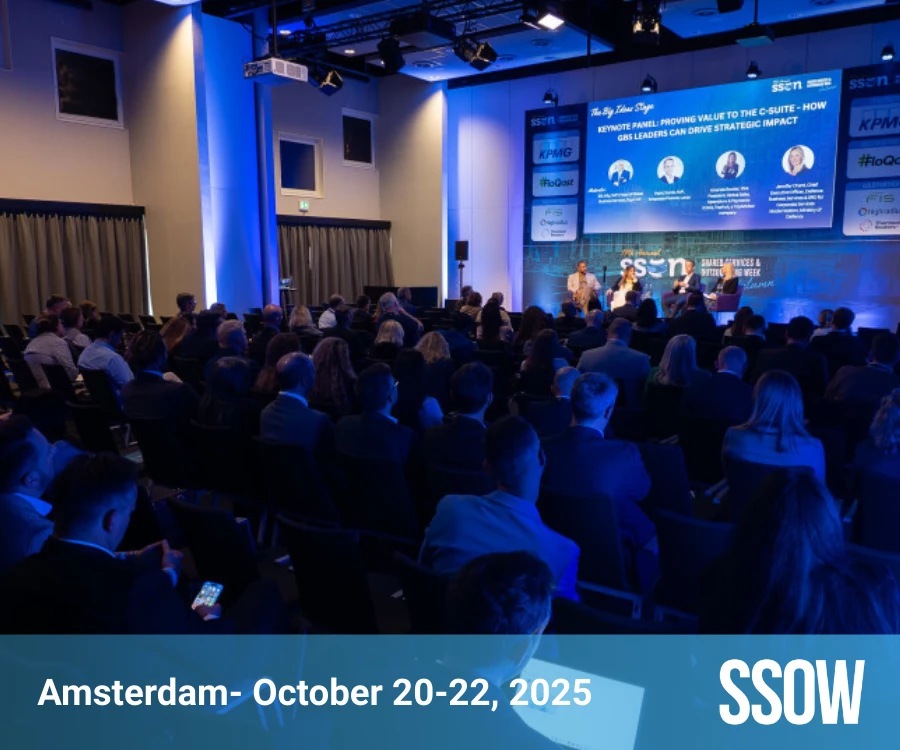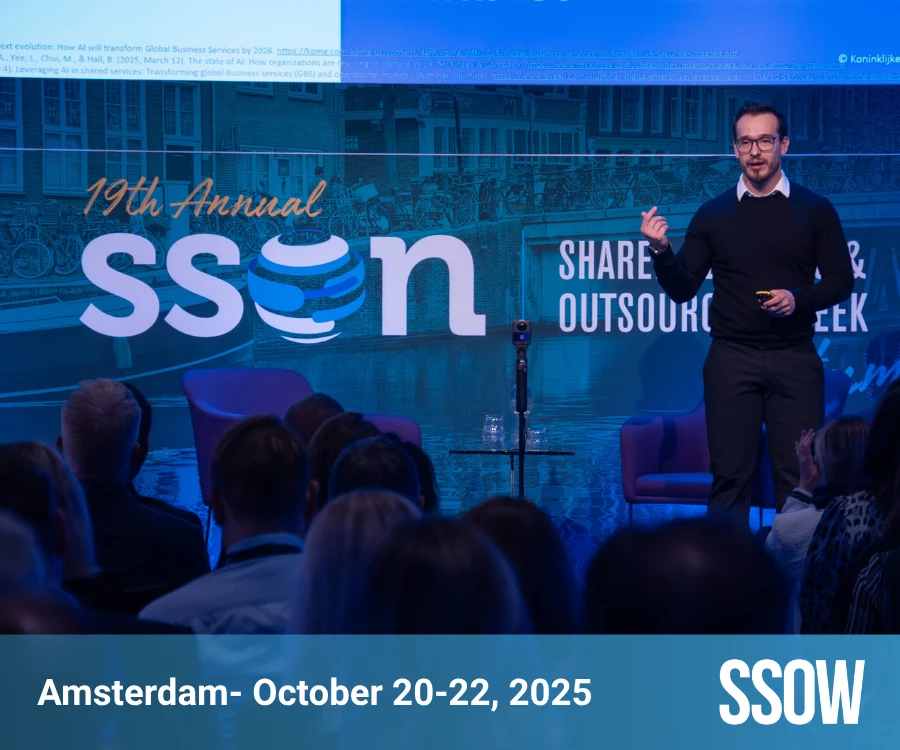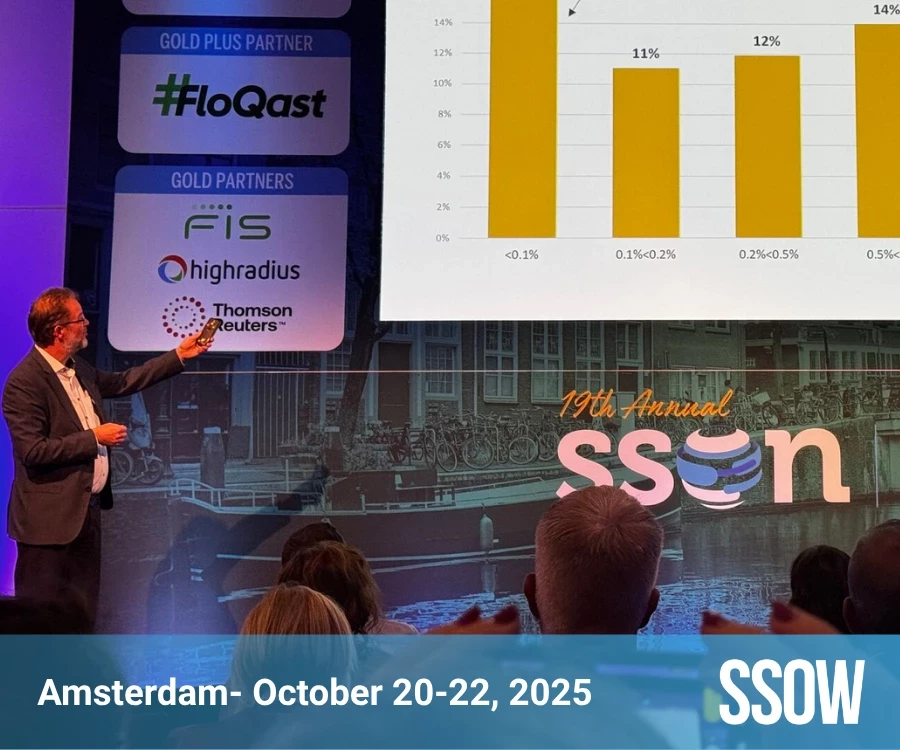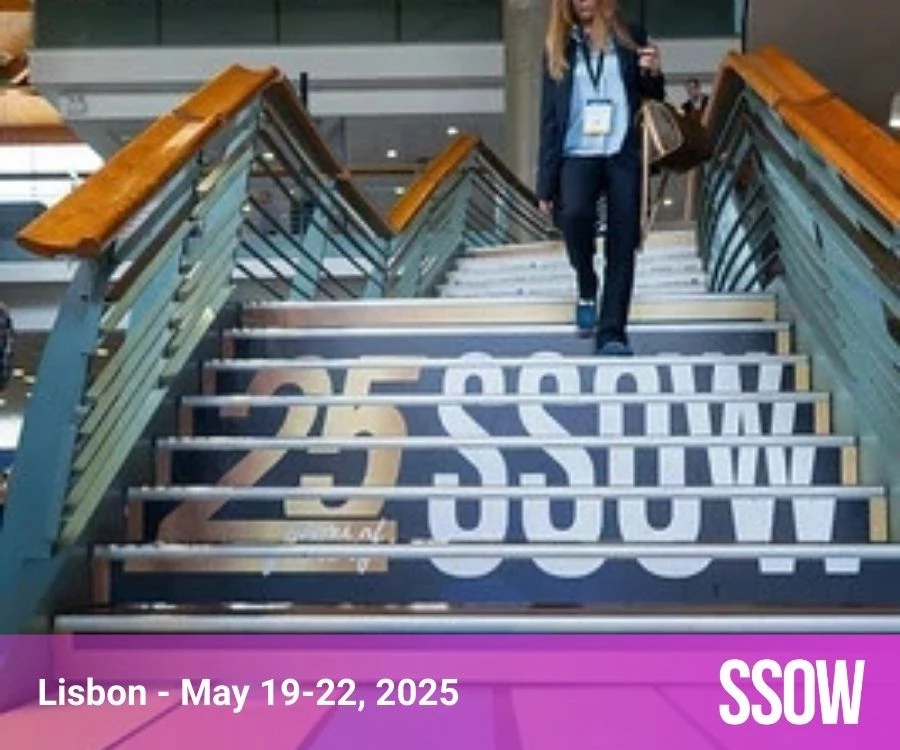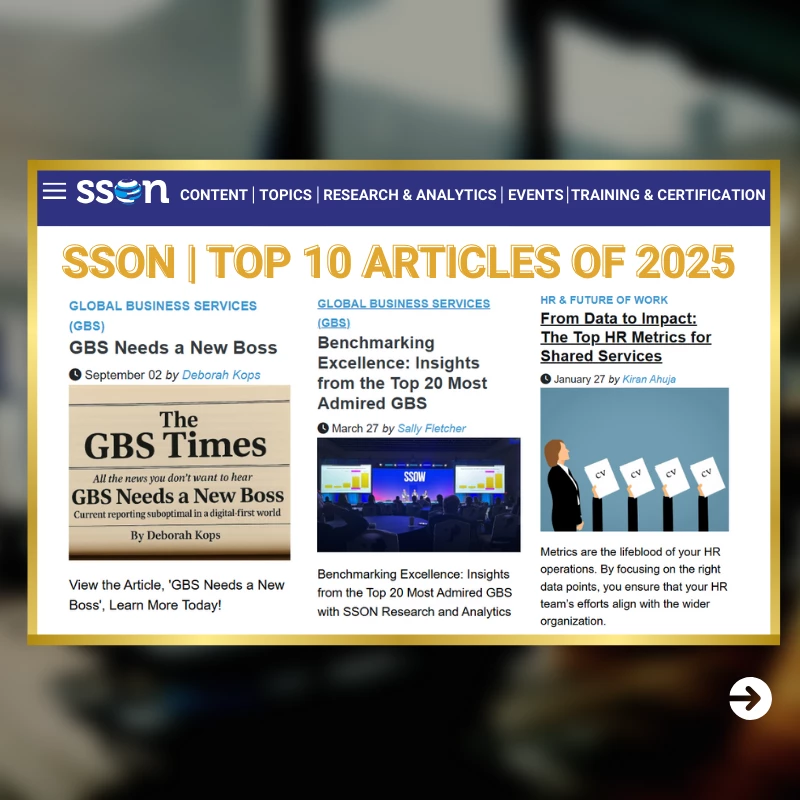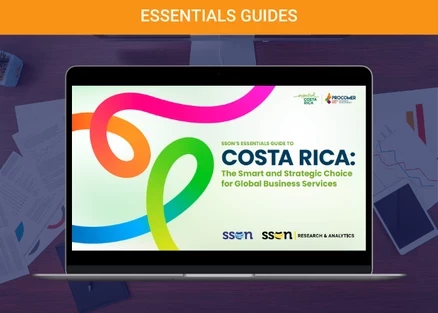Remote and Hybrid Work in GBS: Ask the Expert
How Are GBS Reacting to Big Business Trends?
Add bookmark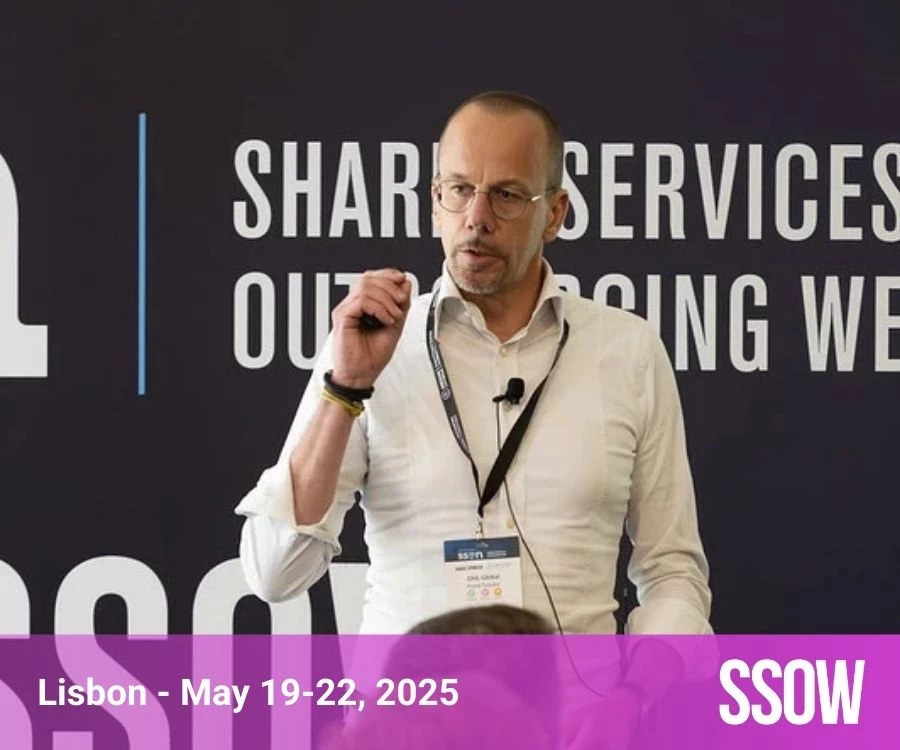
Remote and Hybrid Work in GBS: Ask the Expert
Agentic AI, Tariffs, the Back-to-Office debate, there are a myriad of trends shaping the business world in 2025. But how are they impacting the Global Business Services space? Are they world-defining or something that will pass us by? At the Shared Services and Outsourcing Week Europe 2025, SSON spoke to some of the world’s best Global Business Services leaders about their take on big business trends.
This time, we sat down with Frank Schüler, Managing Director of Shared Services at DHL Global Forwarding and Freight, to grasp how one of the world’s leading logistics companies is navigating the fluctuating topic of remote and hybrid working.
Remote and hybrid working continues to evolve in 2025. How has DHL Global Forwarding and Freight adapted to these changes?
At DHL, the hybrid working model has been firmly in place since the onset of the pandemic. But as Schüler explains, it’s not an unstructured concept. “We’ve implemented a very structured approach to remote work. It clearly defines who is eligible and operates on a one-week-on, one-week-off model. It’s a shift plan that balances home and office time with intention,” he says.
This structure not only ensures clarity but also preserves alignment across teams. While remote work is supported, Schüler notes that the official place of work remains the office. “When employees are needed, they are expected to be on site,” he adds.
What impact has this model had on team cohesion and performance?
“It’s worked extremely well,” Schüler shares. At first, some employees questioned this decision as they wanted more flexibility, but after the COVID pandemic, Schüler notes that "people realized how much they valued seeing their colleagues.” For DHL, human connection is essential. He stated that “we’re social animals," and to build culture and collaboration, you have to bring people together, so that you can build a "family environment."
There’s a lot of debate around returning to the office. What’s your view on this trend?
According to Schüler, the value of in-person work goes beyond logistics; it’s about identity as a workforce. “Our strength is our culture,” he explains, comradeship, collaboration, that can’t be built virtually. If you don’t nurture that in-person dynamic, you risk becoming just another company. For us, the office is where our culture lives.”
Hybrid work has also been linked to broader talent access. Is that something you’re seeing?
“Yes, particularly in IT,” Schüler agrees. He shares that sometimes you find specialized talent in specific geographies. This means the company needs to "work harder to build and create an environment where the IT employees actually want to come to the office." He emphasises that even remote workers should feel connected to the broader corporate culture.
Speaking about innovation. DHL has been doing interesting work with Intelligent Document Processing (IDP). Can you share more?
DHL’s IDP journey began less than a year ago, focused on customs declaration processes. He stated that DHL needed a template-free solution because the variety of templates is extensive. Schüler explains that DHL "implemented a system that reads and extracts data without predefined templates," which he noted to be working very well.
Crucially, the process still has to include a human-in-the-loop model. “Accuracy is critical, so we ensured oversight,” he says. The success speaks for itself, as DHL is currently rolling that out in an industrialized approach and is very successful across the globe.
Final Takeaways?
From well-defined hybrid work policies to innovative use of automation, DHL’s GBS model shows that structure and adaptability don’t need to compete. “It’s all about building the right environment,” says Schüler, one where people want to be, and where they can do their best work. To gain more excellent insights from our SSO Network, please join us for our upcoming Shared Services and Outsourcing Week Autumn.


